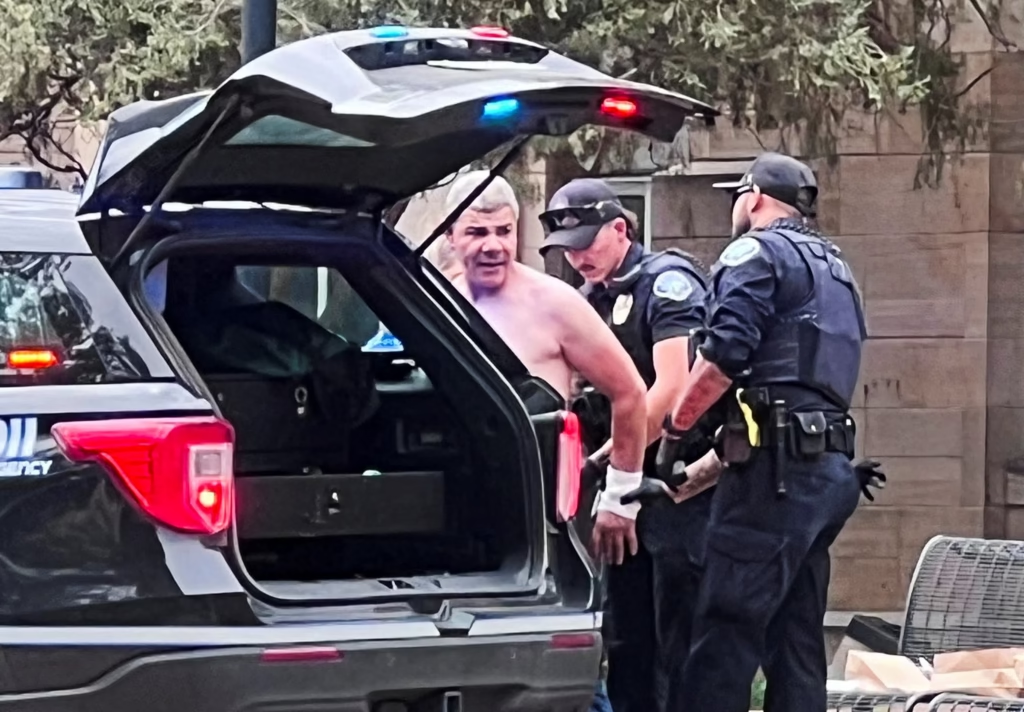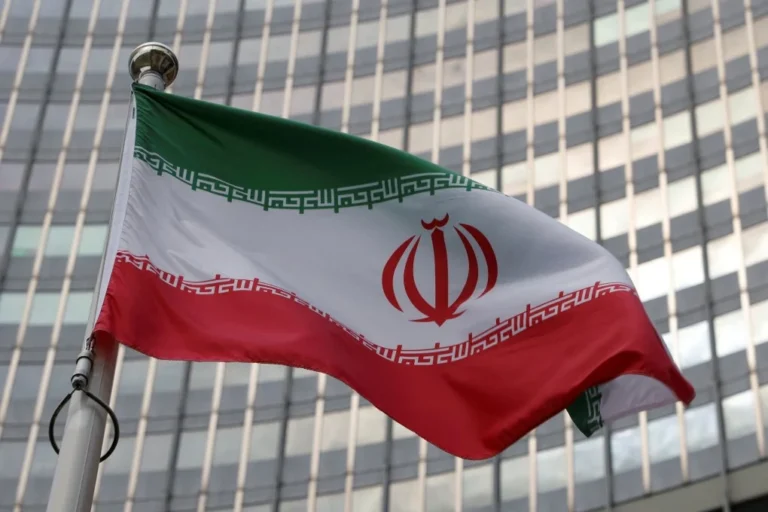
A peaceful pro-Israel rally in Boulder, Colorado, became violent when 45-year-old Mohamed Sabry Soliman, allegedly attacked participants with Molotov cocktails and a makeshift flamethrower, injuring 12 people. The FBI is treating this as an instance of ideologically-motivated terrorism.
Soliman became an Egyptian National in August 2022 through a B-2 tourist visa, which expired in February 2023, and then applied for asylum, which is still pending at the time of the attack. Soliman lives in Colorado Springs, where he lives with his wife and five children. Soliman has no known previous criminal history. Authorities explained that Soliman had been planning the attack for over a year and had been investigating how to create incendiary devices on social media platforms like YouTube. Soliman was denied a firearm due to his immigration status, so he chose to make Molotov cocktails. Soliman reportedly delayed the attack until after his daughter’s high school graduation, suggesting a premeditated choice in his actions.
Soliman disguised himself as a gardener as he approached the rally on the Pearl Street Mall, a well-known pedestrian street close to the University of Colorado. He reportedly said “Free Palestine,” before launching two Molotov cocktails into the approximately 20-person crowd. The attack caused 12 injuries, with ages ranging from 52 to 88. Soliman sustained burns as well, and was arrested at the scene. Police also recovered additional incendiary devices, along with antisemitic writings, from his vehicle.
Soliman faced an extensive list of proposed charges; hate crimes under federal law and multiple counts of first-degree murder in the attempted form. His bond was established at $10 million. When interviewing Soliman, he said he wanted to “kill all Zionist people,” and showed no remorse, in fact, stated he would do it again. He said that the attack was political in nature, in opposition to, he said, the people he thought were supporting an action against the Palestinians.
The attack occurred on Shavuot, a major Jewish holiday, due to rising global tensions because of the Israel-Hamas conflict. This suggests a phenomenon called “transnationalism,” which is the potential for conflicts in other nations to encourage violence in our own country. This incident has sparked different conversations:
This incident is also reminiscent of previous plots of domestic terror, including the 2009 case of Najibullah Zazi, who sought to mobilize attacks against the New York subway system. Both men planned attacks on U.S. soil with homemade explosives based on their inspirations of international conflicts. This new case is demonstrative of the continuing problem of identifying and preventing observable lone-wolf attacks that can be motivated by extremist ideologies.
The Boulder attack serves as a potent reminder of the threats associated with domestic radicalization and the significant difficulties in addressing ideologically motivated violence. As previously stated, it demonstrates the need for a coordinated response that combines increased oversight of readily available extremist content online, more stringent immigration policies, and efforts towards preventing hate-oriented violence through community engagement. As the case against Soliman develops, it will likely be woven into the national conversation of security, immigration and prevention of domestic terrorism.
FOR MORE NEWS, VISIT QUESTIQA.COM




